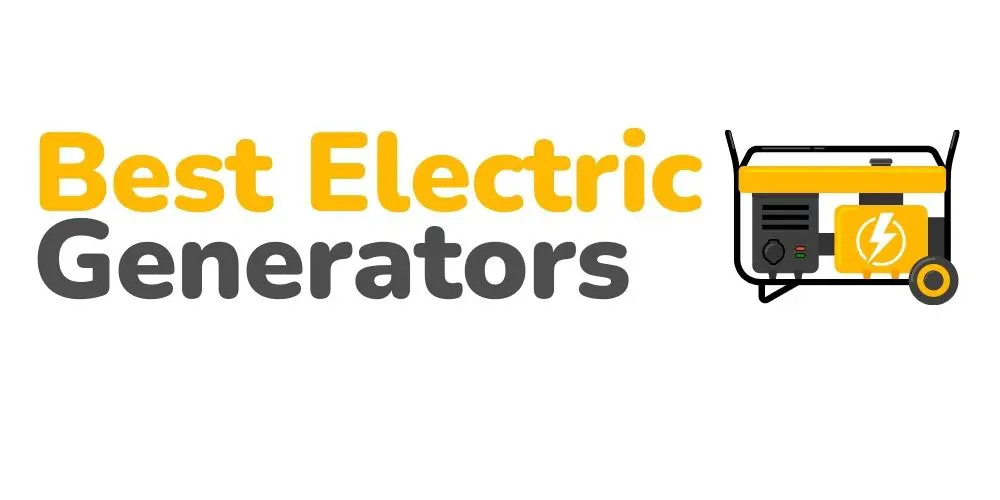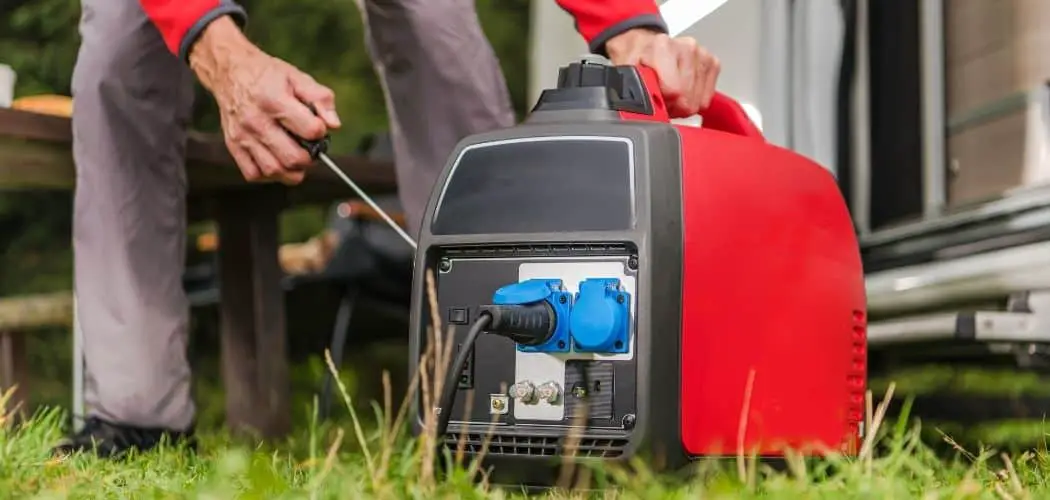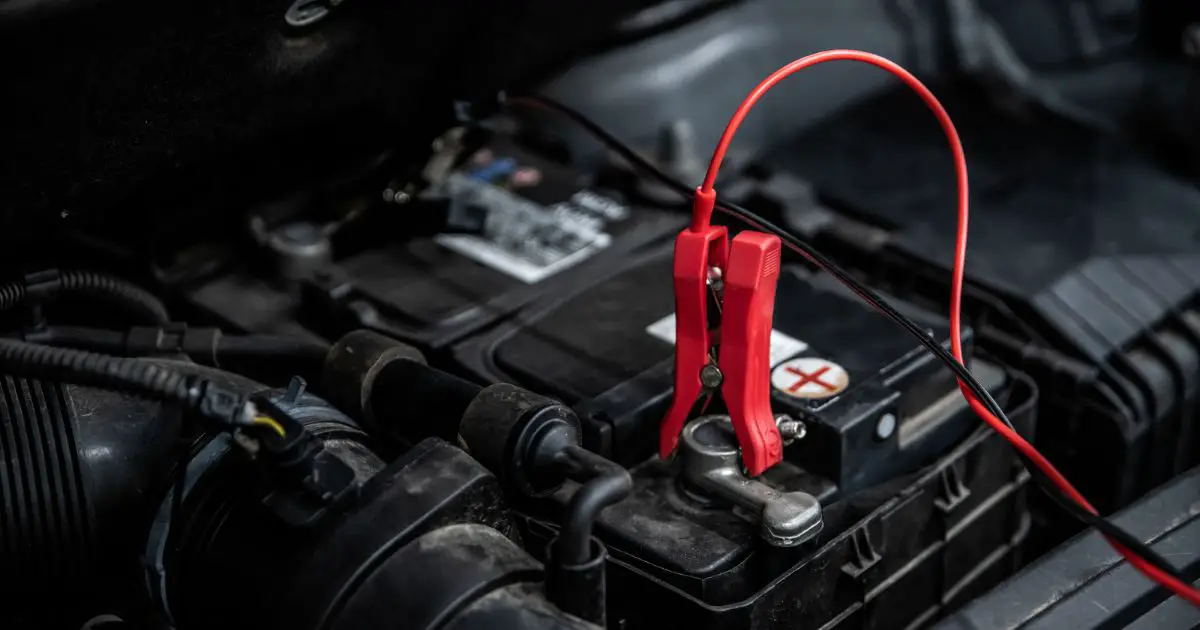Conventional generators produce dirty power. They need to spin at higher RPMs to generate clean electricity. Because of mechanical limitations they are unable to produce clean power.
The energy that is produced has fluctuations in voltage and hertz.
Generators have been used as backup sources for years. They had produced electricity when the town’s power grid failed due to unforeseen events. So, we don’t have to sit in the scorching summer heat without our Air Conditioner.
But this comfort comes at a cost. Generators produce dirty power, not because of the mud around them, but because their electricity isn’t consistent. It usually spikes and damages your electronic gadgets.
What Is Clean Power?
Clean power is the AC energy that maintains a constant voltage without any spikes or drops. Its power is at a perfect 60 Hz. In clean power, there is no distortion or noise in the line. A constant electric current is compatible with most electronic devices.
Computers, TVs, or appliances with electronic controls fall in the list of sensitive electronics. They need clean power to process without frying their fragile circuits; if you are ignorant of the quality of your electric current. You might end up losing expensive appliances.
Clean Power and The Modern Jobsite:
Clean power’s importance has grown over the years. It isn’t only in residential areas where people use home appliances. Modern job sites have developed a need for clean power too.
In these modern job sites, power tools aren’t the only things powered by generators. They often use laptops or tablets to email their clients about any updates or access to the site’s plans.
Construction workers use smartphones to keep in touch with each other at job sites. Or to be in touch with their loved ones.
All these electronic devices need to charge. And at a job site, generators are the only source of power. Therefore, you’d often find people using power tools to wield or cut through metal. A clean power source is as important as it is in a residential area.
What Is Dirty Power?
The disruption in power quality into the system is dirty power.
Voltage variations, surges, and low power factors are some of these abnormalities. Every electric appliance at your home is compatible with a specific voltage and frequency. And they are chosen after measuring the supply of power that you are expected to receive.
If the supply of power isn’t at the required voltage and frequency, it can cause malfunction. It can cause short and long-term damage to electronic components. Dirty power can lead to memory loss, a program corruption, or operating errors.
What Causes Dirty Power?
Generators produce AC electricity which has high and low voltage spikes. They produce 120 volts and a 60 Hz frequency when the motor is spinning at 3600 rpm.
But generators cannot maintain 3600 rpm because of many factors. That’s why the voltage and hertz produced by generators usually fluctuate. This can, in turn, damage the home appliances.
Besides, generators aren’t the only culprit when it comes to a dirty power supply. The utility company usually supplies clean power, but it can become dirty when it gets to your home.
Solutions to produce clean power:
If your generator is producing dirty energy, it might start affecting your appliances. You should start looking for solutions for cleaner generator power. You can get an inverter generator, a UPS, or voltage regulator to get clean power.
Inverter generators are considered the safest and easiest to obtain clean power. An inverter generator converts high voltage AC electricity into DC and then back into AC. It produces a sound current that isn’t dangerous for electronics.
If you already own a conventional generator, then buying an intelligent generator isn’t the smartest solution. You should look for other options such as a UPS. It uses batteries to store electricity. And then provide an adequate, uninterrupted power supply. They can be connected to a generator that produces dirty energy.
However, if your generator has variations in its frequency rather than voltage, a UPS also won’t perform well. You should get a voltage regulator.
Voltage regulators detect any changes in the power supply and adjust this dirty power according to the load on the regulator. When you are using a regulator, there won’t be any need to convert AC into DC and then AC again.
Can You Clean Up the Power from A Generator?
Yes, you can clean up the power from a generator. If you have voltage fluctuations, you can install a UPS that stores electricity and supplies a sufficient voltage. While for variation in frequency, using a regulator will do the job.
What Is Considered Dirty Power?
If the power has fluctuation in frequencies that are either higher or lower than the required frequencies. Or its voltage drops, then this electricity supply is called dirty power.
How Do I Know If I Have Dirty Power?
You can check the voltage in your home using a voltmeter. If the voltage is above or below the 120/240v limit, you indeed have dirty power. Other than that, a frequency meter will help too. Remember, the required frequency is 60Hz.
Why Is Dirty Electricity Bad for You?
Dirty electricity is terrible for your home appliances because nowadays, they use sensitive circuits. Appliances like laptops, tablets, or smartphones use chargers, but they can damage their batteries if they have dirty energy.
Conclusion:
Dirty power is the main culprit behind your appliances misbehaviour. Power can be dirty for many reasons; either an appliance is modifying it. Or it is supplied as such from your generator. To turn it into clean power, you can follow some of the tips.
The first and most efficient way to produce clean power is by using a portable inverter generator.
If you already own a generator, then getting another one isn’t the best option. You can then go for a UPS that stores electricity in its batteries and supplies it. Or a regulator that stabilizes the frequencies of dirty power to convert it into clean power.



